
Tag Archives soil

Cereal lodging isn’t just a nitrogen problem
Lack of copper in the soil can also lead wheat crops to lodge during wet seasons on the Canadian Prairies
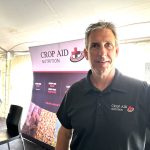
New soil treatment targets saline patches in fields
A Saskatchewan company’s product focuses on water flow through the soil, offering an alternative to gypsum and organic amendments
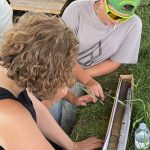
Soil sampling for Prairie farmers: How to test for nutrients and avoid common mistakes
Agronomy Management: Take representative soil samples, choose the right depths, analyze key nutrients

Benchmarking soil health in Alberta
Researchers at the Chinook Applied Research Association’s Soil Health Lab have adapted a soil health assessment from Cornell University to evaluate Alberta soils

Measuring the components of healthy soil in Alberta
Part 1 of 2: Soil health more than just its chemical properties, according to the Alberta Soil Health Benchmark Report
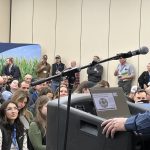
Decoding the science behind the story
Reporter’s Notebook: The more I do this, the more familiar the terms become
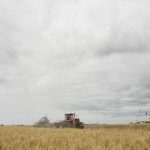
Saskatchewan Crop Report: Seeding to be completed next week
Crop progress stands at 88 per cent
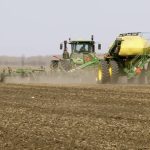
Saskatchewan Crop Report: Seeding ahead of average pace
18 per cent of Saskatchewan crop planted

Researcher focuses on farmers’ real-world problems
Groundbreaker: Mario Tenuta’s love of learning, and desire to be useful, have driven his career as a soil scientist

Digging deep for soil phosphorus
Field Notes: P movement is limited in soil, particularly under dry soil conditions


